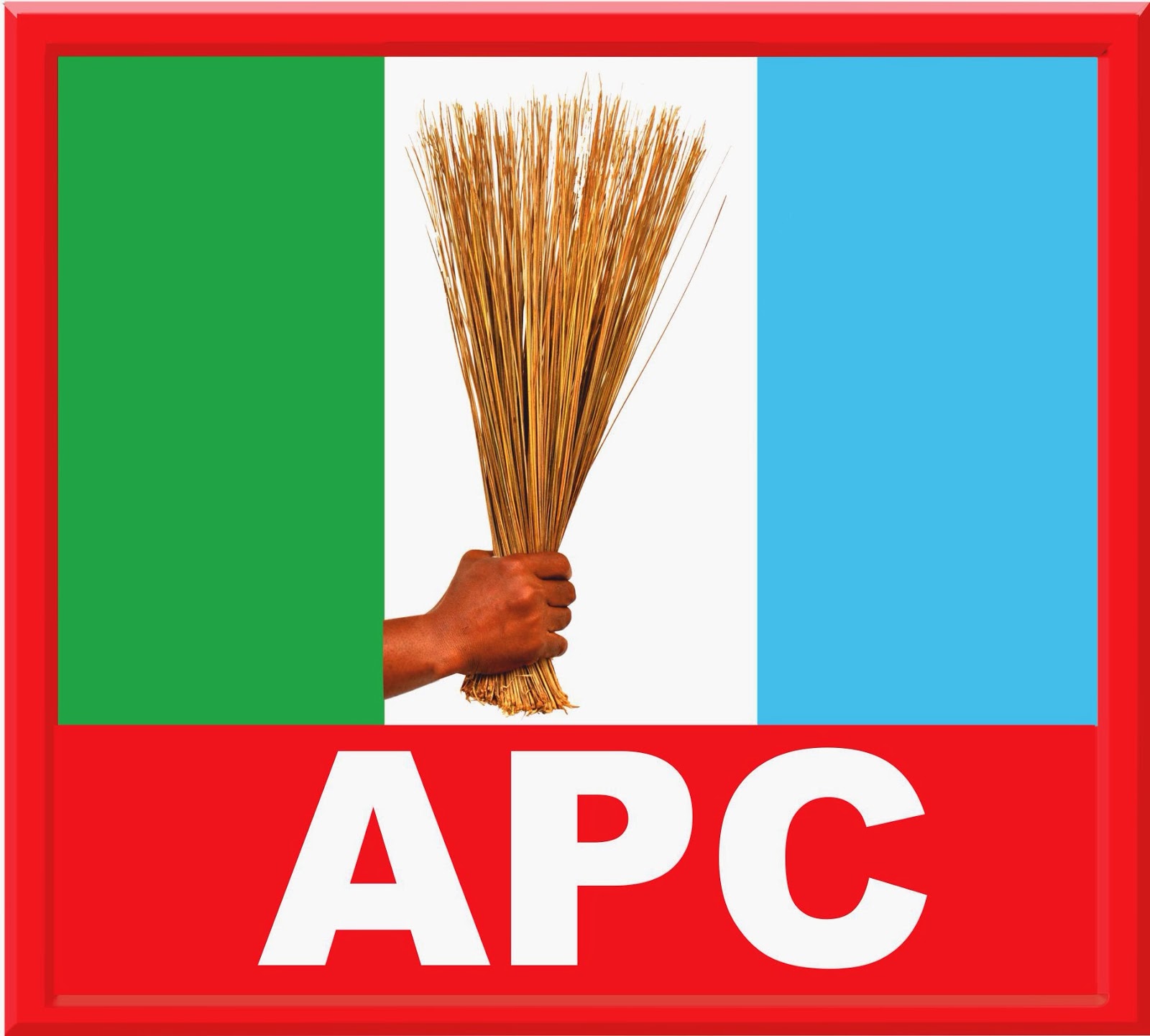Understanding The All Progressives Congress: A Comprehensive Overview
The All Progressives Congress (APC) has emerged as a significant political force in Nigeria, shaping the nation’s political landscape since its formation. Founded in 2013, the party has garnered a diverse following, uniting various factions and ideologies under one umbrella. The APC's establishment was a pivotal moment in Nigerian politics, as it marked the first time an opposition party unseated a sitting government in the 2015 general elections. This article delves into the intricacies of the All Progressives Congress, exploring its origins, leadership, ideology, and implications for Nigeria's future.
The APC has positioned itself as a progressive party focused on change, governance, and development. With a manifesto that promotes good governance, accountability, and economic growth, the party aims to address the pressing challenges facing Nigeria, including corruption, unemployment, and infrastructural deficits. As we examine the All Progressives Congress, it is essential to analyze its impact on the socio-political dynamics of the country.
In this comprehensive overview, we will explore various aspects of the All Progressives Congress, including its formation, key figures, electoral successes, and challenges faced. Through a series of questions and answers, we aim to provide clarity on the party's role and its significance in Nigeria's political arena.
What Led to the Formation of the All Progressives Congress?
The All Progressives Congress was established as a response to the demand for a more viable opposition to the then-ruling People's Democratic Party (PDP). The merging of several political parties, including the Action Congress of Nigeria (ACN), Congress for Progressive Change (CPC), All Nigeria Peoples Party (ANPP), and a faction of the All Progressives Grand Alliance (APGA), was a strategic move to create a formidable political entity.
Who are the Key Figures in the APC?
The All Progressives Congress boasts several prominent figures who have played vital roles in shaping the party's direction. Notable leaders include:
- Bola Ahmed Tinubu: A former governor of Lagos State and a founding member of the APC.
- Yemi Osinbajo: The current Vice President of Nigeria and a significant player in the APC's governance.
- Adams Oshiomhole: Former National Chairman of the APC, known for his leadership style and political strategies.
What Ideologies Does the APC Represent?
The All Progressives Congress aligns itself with progressive ideals, advocating for policies that promote economic development, social justice, and democratic governance. The party's ideology is anchored on the principles of transparency, accountability, and inclusivity, aiming to foster a government that serves all citizens fairly.
How Has the APC Performed in Elections?
Since its inception, the All Progressives Congress has achieved significant electoral victories, most notably in the 2015 general elections, where it won the presidency and a majority in the National Assembly. The party's ability to unseat the PDP was a historic achievement, highlighting the electorate's desire for change. In the 2019 elections, the APC retained the presidency, although it faced challenges in several gubernatorial races.
What Challenges Has the APC Encountered?
Despite its successes, the All Progressives Congress has faced various challenges, including internal party disputes, leadership crises, and criticisms regarding governance. Issues such as corruption allegations and economic hardships have also affected the party's public perception. Addressing these challenges is crucial for the APC to maintain its relevance and support among the populace.
How Does the APC Influence Nigeria's Political Landscape?
The All Progressives Congress has significantly influenced Nigeria's political landscape by altering party dynamics and encouraging a more competitive electoral environment. The party's emergence has motivated the PDP to reassess its strategies and policies, leading to a more engaged and responsive political climate. The APC's presence has also spurred interest in political participation among citizens, fostering a more vibrant democracy.
What is the Future of the All Progressives Congress?
The future of the All Progressives Congress will depend on its ability to navigate the complexities of Nigerian politics, address the concerns of its constituents, and deliver on its promises. As the party prepares for upcoming elections, it must focus on strengthening its internal cohesion, enhancing governance, and demonstrating its commitment to the welfare of the Nigerian people.
Conclusion: The All Progressives Congress and Nigeria's Destiny
In conclusion, the All Progressives Congress plays a critical role in shaping Nigeria's political future. As the party continues to evolve, its impact on governance, policy-making, and political engagement will be closely monitored by both supporters and critics. Understanding the APC's journey, challenges, and aspirations is essential for anyone interested in the dynamics of Nigerian politics and the quest for a better governance framework.
Unraveling The Mystery Of Tyrus' Parents: A Journey Through Family Ties
Unveiling The Allure Of Hot Male Country Singers
Captivating Images: A Journey Through Sexy Quotes


